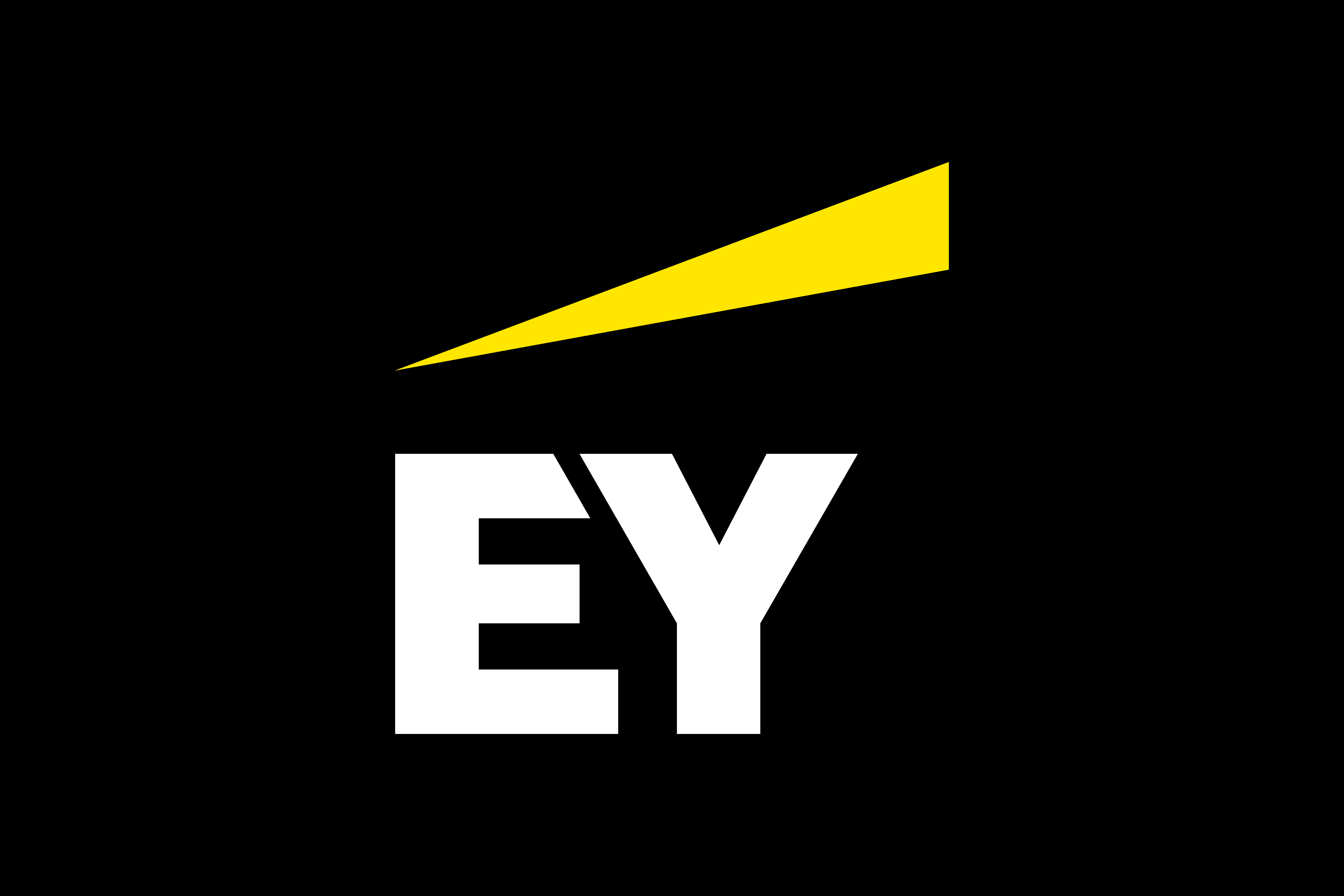EY refers to the global organization, and may refer to one or more, of the member firms of Ernst & Young Global Limited, each of which is a separate legal entity. Ernst & Young Global Limited, a UK company limited by guarantee, does not provide services to clients.

There are record amounts of dry powder available today. But that doesn’t mean entrepreneurs can access this uninvested capital with ease. Venture capitalists, private equity firms and family offices alike field multiple requests for funding, and the founders who can present a clear vision of their business proposition are the ones most likely to stand out from the crowd. Once they receive funding, entrepreneurs need to consider how they will work with those providing the capital, as VCs and PEs typically play an active role as board members.
Do your own due diligence
Founders need to research investors before committing. “All investors have different goals, and it might not mesh with your vision,” says John Kos, Managing Director of GTCR. “One private equity firm I know of really doesn’t give the companies it funds an option going forward. They have a playbook, and they expect you follow it.”
Understand the marketplace
Companies need to have a sound understanding of their value. “Look at similar companies and get a sense of the range of what you might be worth,” Kos says.
Sharpen your pitch
“We get so many pitchbooks, but we don’t review them,” says Philip Han, Executive Vice President and Chief Investment Officer of Saban Capital Group. “We are betting on people more than anything else. Business plans morph very rapidly, so address the pain point so we know what the issue is going to be.”
Know your role going forward
Founders also need to know what role they want to play in a funded business and the type of business relationship they will want to have with investors. “If you sell control, you lose control,” says Chris Molaro, CEO of NeuroFlow. Also keep in mind that the investor, whether a family office, private equity firm or venture capitalist, is not your friend. “If things go bad, they will exercise a remedy,” Han says.
This is an exciting time to be a founder, especially if you are educated about the investor community and have thought through where you want to end up. “Stick to your guns — getting told ‘no’ is part of the game,” Molaro says. “But if you stick with it, a lot of good will happen.”
Summary
Entrepreneurs should keep these four tips in mind when seeking funding.
Related articles
Why family offices are playing in PE’s sandbox
We discuss why a family office can be a compelling alternative to PE investment and reveal what companies should know before engaging with a family office.
Taking the long view on a golden age of venture capital
There’s no question that we are in the midst of a golden age of innovation and venture capital investment.
How EY can help
-
Value creation is at the core of every transaction investment thesis. Our team supports private equity firms throughout the investment lifecycle from origination to exit. We bring deep sector, operational and functional experience to identify investment risks and opportunities focused on cash and profit levers to make an investment successful.
Read more





